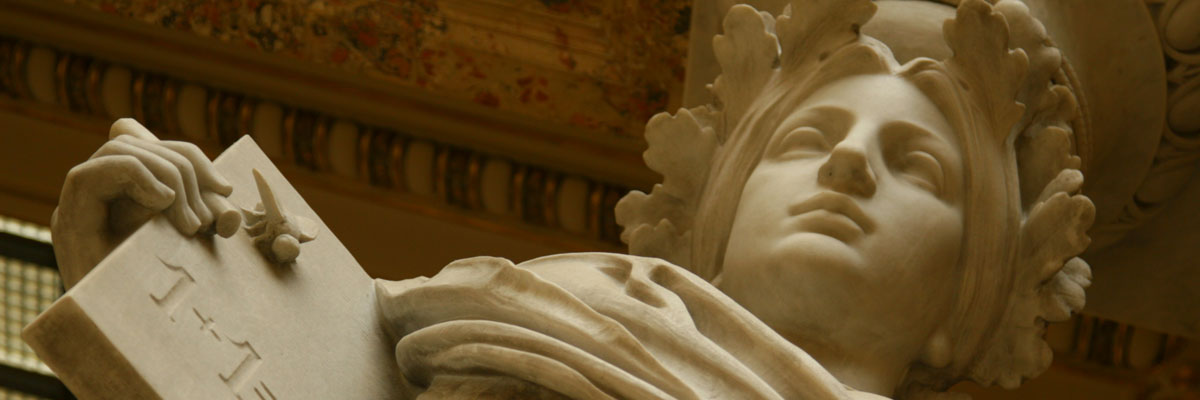
News archive
Search
Selected range: all newsThe positive effects of breastfeeding and breast milk on the right growth, health, and development of babies are indisputable. What factors can affect the quality of this wholesome substance? And what is the optimal length of time to breastfeed? The answers are suggested by two new studies by Czech researchers from the Institute of Experimental Medicine of the CAS and the Institute of Physiology of the CAS, published in the journals Biomedical Journal of Scientific & Technical Research and Food Chemistry.
At the beginning of his scientific career, Prof. Patrik Španěl searched the depths of interstellar space for organic compounds. Later, he turned to terrestrial life. His method of mass spectrometry, a technique used to measure substances in gases with extreme precision, has been used for many years in various fields of human activity: improvements in the manufacture of chips, safety checks in the production of medication, ensuring the safety of transport, but also in detecting certain diseases from our breath. What principle does it work on? And does it have potential to serve as a diagnostic method in medicine? We visited the labs at the J. Heyrovský Institute of Physical Chemistry of the CAS to get some answers.
In August 2022, an amendment to the law on limiting the environmental impact of certain plastic products came into force. The amendment bans the use of single-use straws, cups, cutlery, cotton buds, and helium balloon holders. How do experts view the new restrictions, which are based on EU regulations? Is it a step in the right direction? We asked researchers Zdeněk Starý and Hynek Beneš from the Polymer Processing Department of the Institute of Macromolecular Chemistry of the CAS for their opinion on the issue.
Greenhouse gases in soil, algebra, fish ecology, and modern history. Just a brief selection of the research areas pursued by some of the eleven newly awarded researchers. They received their honorary medals of the Czech Academy of Sciences from its President Eva Zažímalová on 14 September 2022 at the Academy headquarters at Národní Street in Prague. The highest award that the Academy of Sciences bestows – the De scientia et humanitate optime meritis medal – also found its new laureate, microbiologist Miloslav Šimek.
Energy supply can be considered the Achilles heel of the modern world, and it is increasingly the center of attention for experts, politicians, and the general public alike. Today, producing energy is not so much the issue. What’s more pressing is how to store or transport energy efficiently, cheaply, and safely. In this respect, our prospects might be improved by a new type of aqueous battery on the basis of saline water, developed by researchers from the Institute of Physics of the CAS and the J. Heyrovský Institute of Physical Chemistry of the CAS.
Starting today, those who visit the main building of the CAS will be able to experience the adventure of discovering and encountering faraway places and cultures at the Czechoslovakia in the Orient: The Orient in Czechoslovakia 1918–1938 exhibition. On view are also artefacts brought from the Orient and objects that were intended for export to these countries from Czechoslovakia.
This year, ornithologists have counted only 62 chicks in the nests of 26 pairs of the little owl. This is similar to last year, and even less than in 2020. Boosting the population of the critically endangered owl in the Czech Republic has been unsuccessful, and the little owl now faces extinction. A hundred years ago, Athene noctua was a common, abundant species numbering tens of thousands of pairs, but today, only dozens are left.
Her father was a distinguished mathematician, she is following in his footsteps. Šárka Nečasová heads one of the most successful departments at the Czech Academy of Sciences (CAS) – at least in terms of the number of obtained Academic Awards (Praemium Academiae), the most significant CAS grant. She is interested in modelling fluid mechanics, solid dynamics, fluid–solid interactions and interactions with their environment. What type of projects is the mathematician currently working on?
In 2020, the COVID-19 pandemic hit our planet like a bolt out of the blue. The complications it has caused couldn’t possibly be foreseen. How did people adjust their personal and professional lives in light of unexpected circumstances? How the past two years have affected the economy, the workings of companies and their employees, and other areas were described by experts from the IDEA think tank of the Economics Institute of the CAS.
Perovskite solar cells comprise a promising technology for the energy of the future. They could potentially replace traditional silicon-based solar cells and make photovoltaics cheaper, more high-performance, more flexible, and more environmentally friendly. An international team of researchers from Linköping University in Sweden and the Institute of Macromolecular Chemistry of the CAS has succeeded in increasing the lifespan and efficiency of perovskite-based photovoltaic cells. The results of the new study have been published in the prestigious scientific journal Science.
The Czech Academy of Sciences (the CAS)
The mission of the CAS
The primary mission of the CAS is to conduct research in a broad spectrum of natural, technical and social sciences as well as humanities. This research aims to advance progress of scientific knowledge at the international level, considering, however, the specific needs of the Czech society and the national culture.
President of the CAS
Prof. Eva Zažímalová has started her second term of office in May 2021. She is a respected scientist, and a Professor of Plant Anatomy and Physiology.
She is also a part of GCSA of the EU.









